Have you ever noticed your cat sitting just a few feet away, quietly observing, but never making a move to snuggle up? It’s a scene familiar to every cat lover: the silent, watchful presence of a feline who prefers proximity over direct affection. This mysterious behavior can be baffling, even a bit heartbreaking at times. Yet, there’s something deeply touching about a cat’s choice to stay close, even without seeking out your touch. It raises a powerful question: Why do cats remain near us, even when they seem to shy away from contact? Let’s unravel the fascinating reasons behind this subtle but meaningful companionship.
The Silent Company of Cats
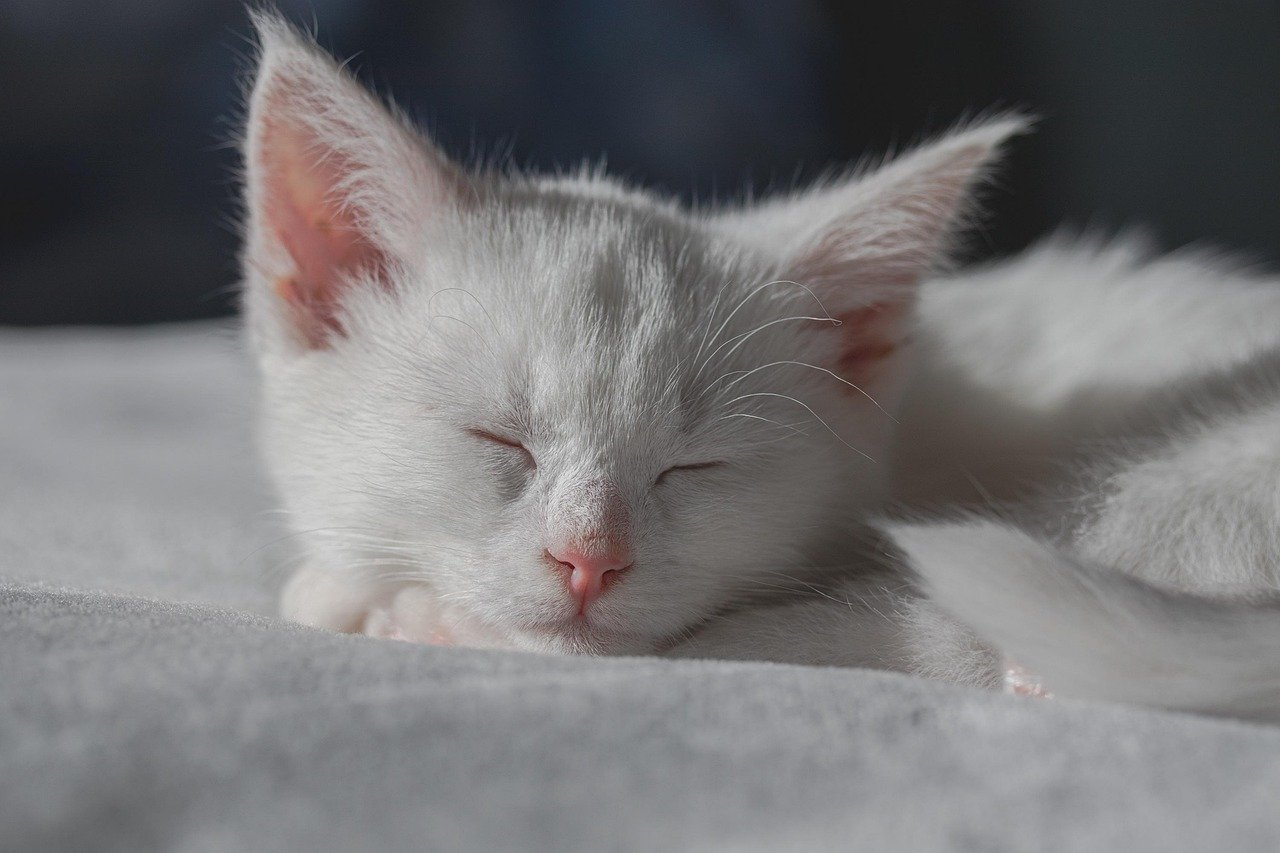
Cats are masters of quiet companionship. They might not always curl up on your lap, but their presence can be felt in the way they linger in the same room or watch you from across the couch. This kind of silent company is a form of feline affection. For many cats, just being nearby is their way of showing trust. They don’t need to be in your arms to feel connected. In fact, some cats are most content simply being in the same space as their favorite humans. This understated loyalty often goes unnoticed, but it’s a powerful gesture in the world of cats.
Understanding Feline Independence

Cats are famously independent creatures. Unlike dogs, who often crave constant attention, cats value their autonomy. This independence is rooted in their evolutionary history as solitary hunters. While they have adapted to domestic life, their instinct for self-reliance remains strong. This means that even the most loving cat may prefer to keep a bit of distance. Their decision to stay close without seeking contact is a balance between their wild instincts and their bond with you. For them, closeness doesn’t always mean physical touch.
Subtle Signs of Affection
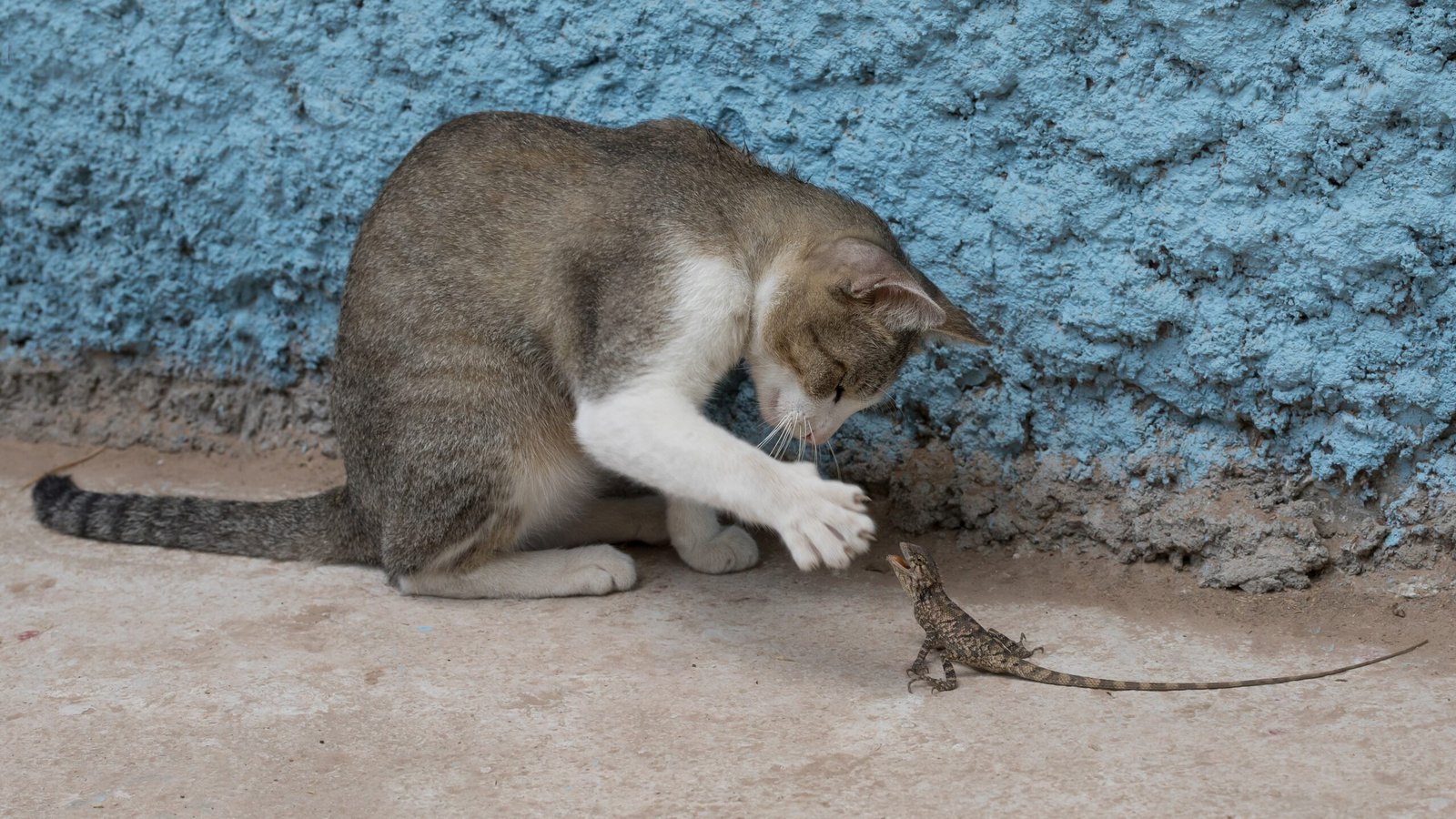
Cats communicate affection in their own unique ways. While some may greet you with headbutts or purrs, others show their love with quiet gestures. A cat who chooses to stay in the same room, even without physical contact, is showing trust and affection. Watch for soft eye blinks, relaxed postures, or a slow swish of the tail—these are all signs your cat feels safe around you. Understanding these subtle signals can deepen your bond and help you appreciate your cat’s silent expressions of love.
The Importance of Territory
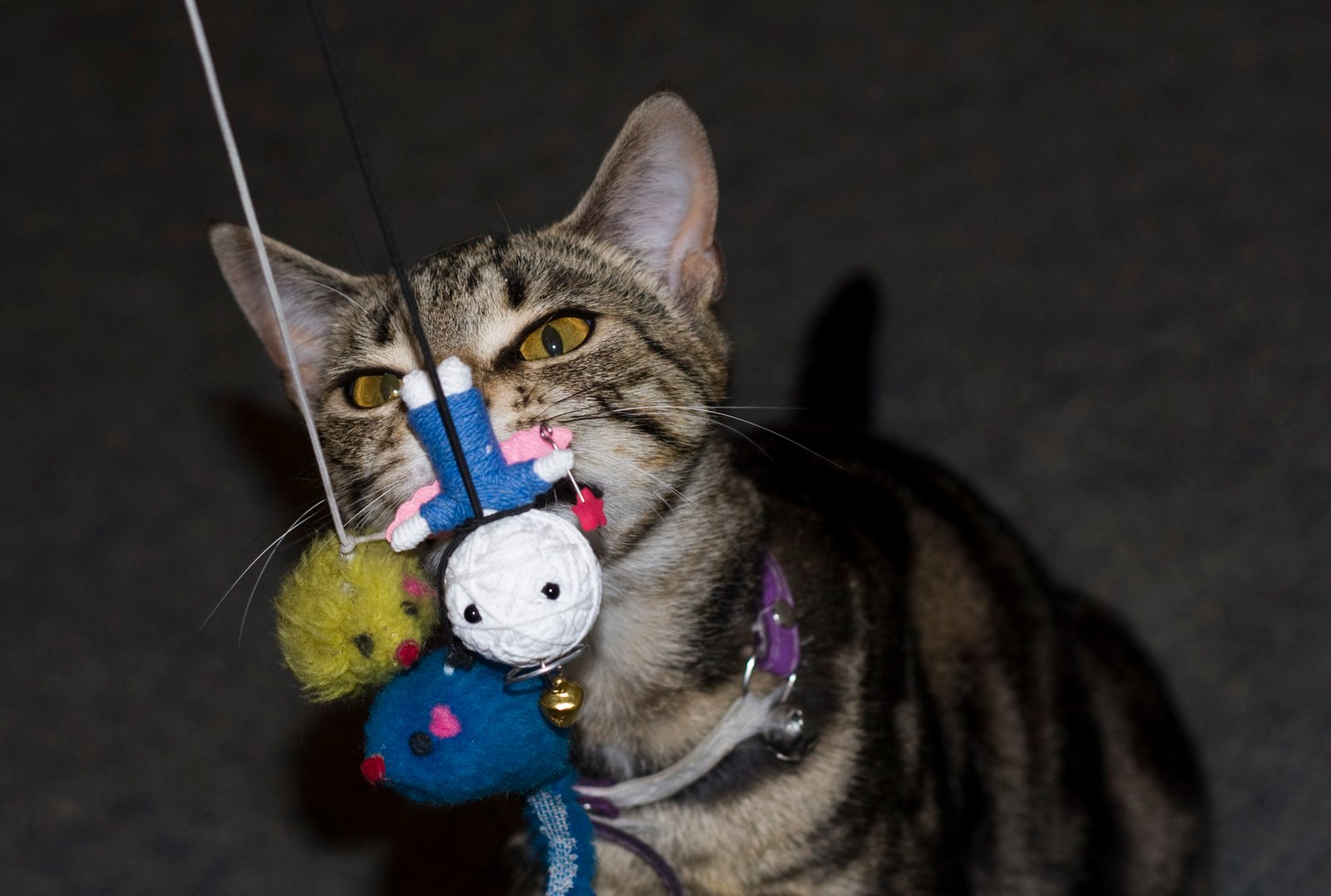
Cats are territorial by nature. Your home is as much their domain as it is yours. When a cat chooses to stay in a room with you, it’s not just about affection—it’s also about comfort and security in their territory. Sharing space is a sign of acceptance. Even if your cat isn’t seeking contact, their decision to stay nearby means they consider you part of their safe zone. This territorial trust is a significant step in a cat’s relationship with their human.
Reading Cat Body Language
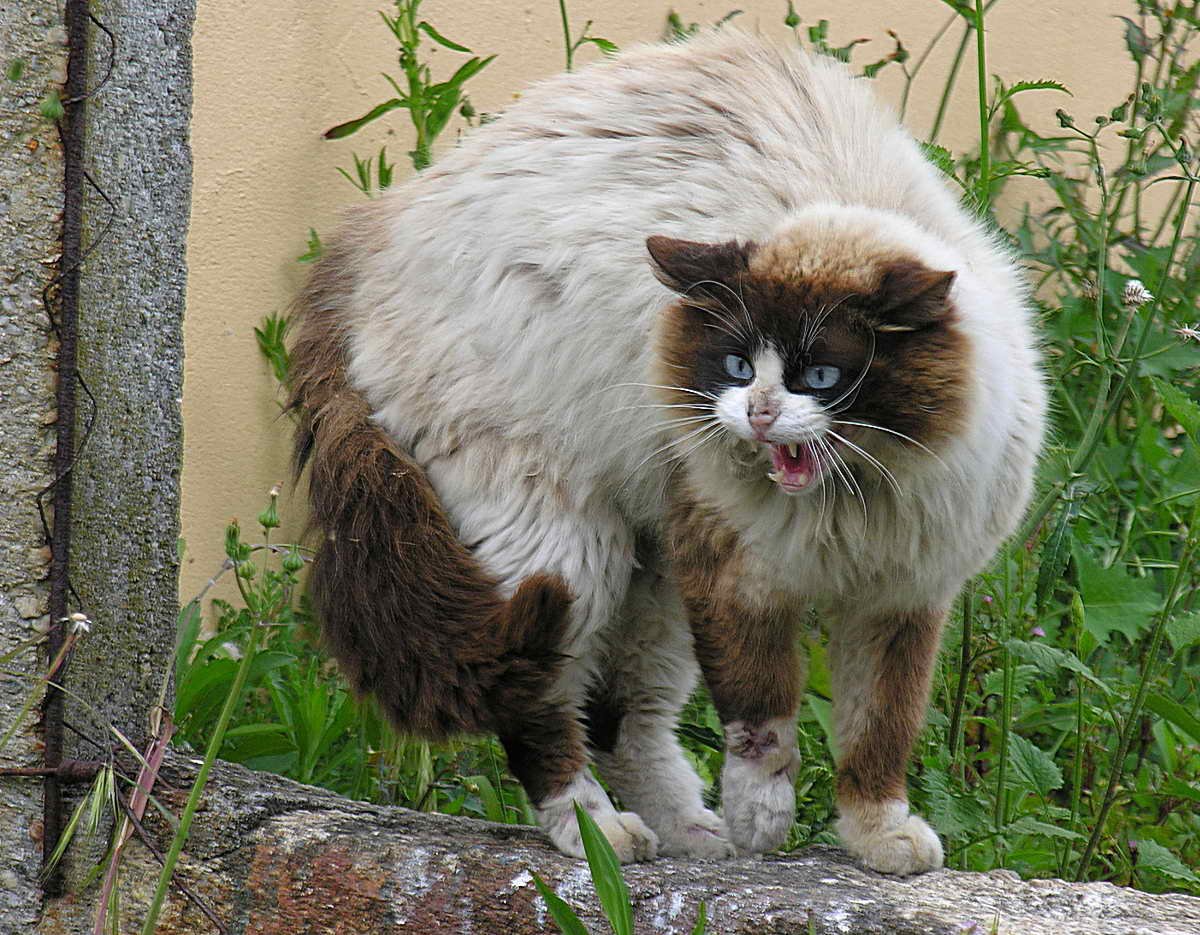
Interpreting a cat’s body language can reveal a lot about why they stay near you. A relaxed body, gentle tail flicks, or slow blinks often indicate contentment. If your cat sits with their back to you, it’s actually a sign of trust—they believe you’ll watch their back, literally. Sometimes, a cat will position themselves strategically to keep you in sight, showing they value your presence. Learning these cues can help you understand your cat’s comfort level and deepen your connection.
Respecting Boundaries

Cats have clear boundaries, and respecting them is crucial for building trust. Some cats may enjoy occasional petting, while others prefer to stay at arm’s length. When a cat stays near but doesn’t seek contact, it’s important not to force interaction. Giving your cat the freedom to choose when and how they engage helps them feel secure. Over time, your respect for their boundaries will often lead to a stronger and more trusting relationship.
Trust Takes Time
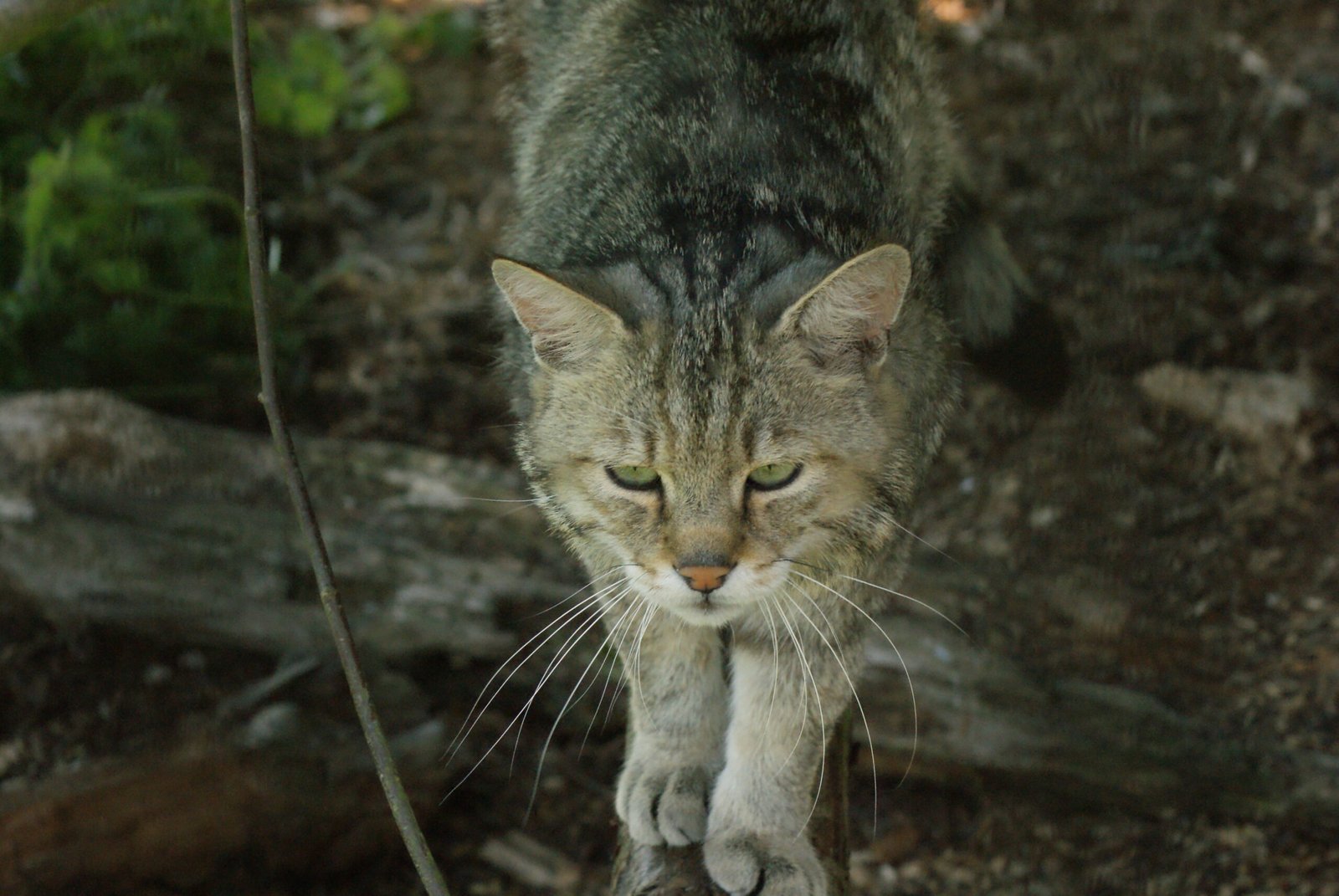
Building trust with a cat is a gradual process. Many felines are cautious by nature, and they need time to feel safe. A cat who chooses to remain in your presence, even without physical contact, is taking an important step toward trust. This silent companionship is often the first stage in a deeper bond. With patience and understanding, your cat may eventually seek more direct affection. Until then, their quiet presence is a meaningful gesture.
Cats and Social Hierarchy

In multi-cat households, social hierarchy plays a big role in where cats choose to spend their time. Some cats may hang back, observing from a distance, especially if there are dominant personalities in the home. Even in single-cat homes, your feline may view you as a kind of alpha. Their decision to stay near without seeking contact can be a sign of respect and acknowledgment of your role in their world. Understanding these dynamics can help you appreciate your cat’s unique way of relating to you.
Personality Differences Among Cats
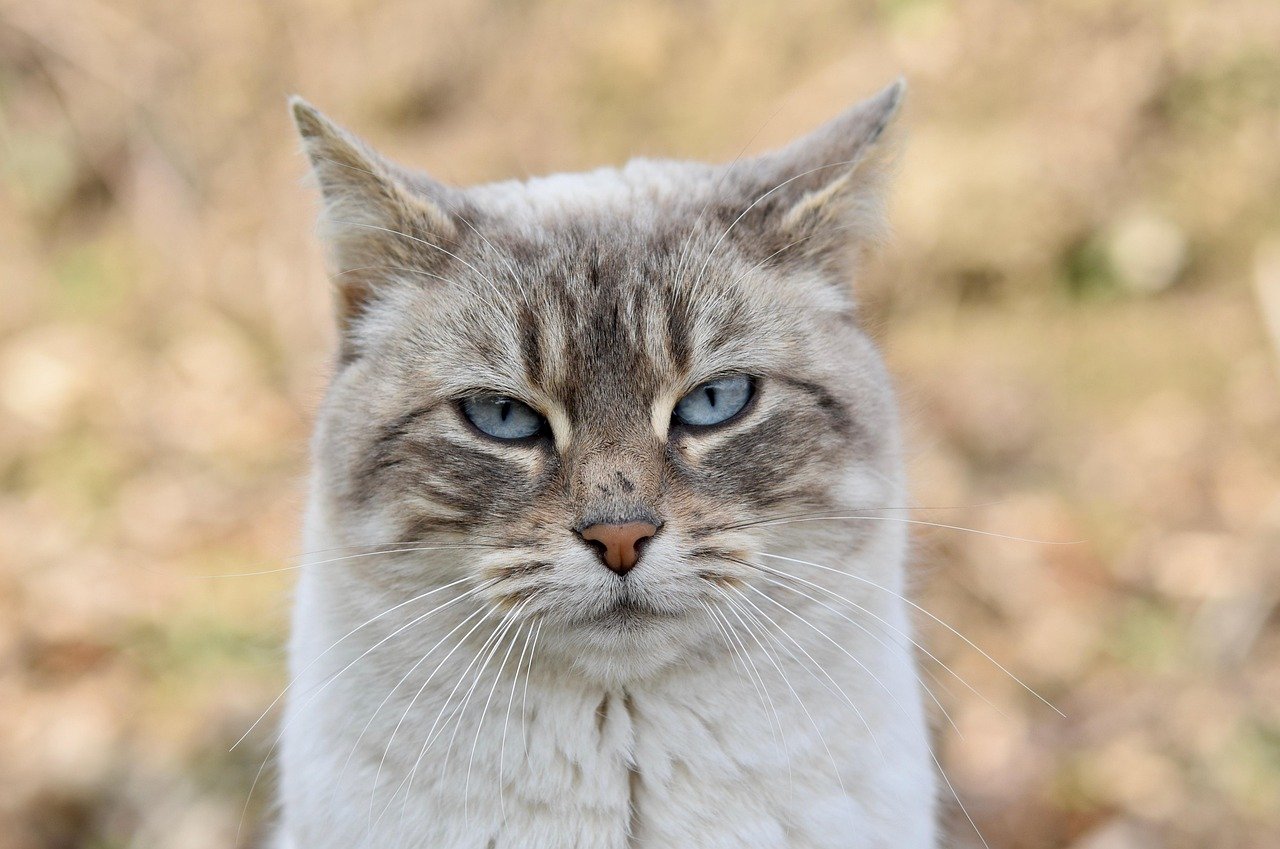
Just like people, every cat has a distinct personality. Some are naturally outgoing and crave attention, while others are more reserved. Breed, upbringing, and early experiences all shape a cat’s temperament. A shy or cautious cat may prefer to observe from afar, even if they’re deeply attached to you. Recognizing and respecting your cat’s individuality is key to a happy relationship.
Early Socialization Matters
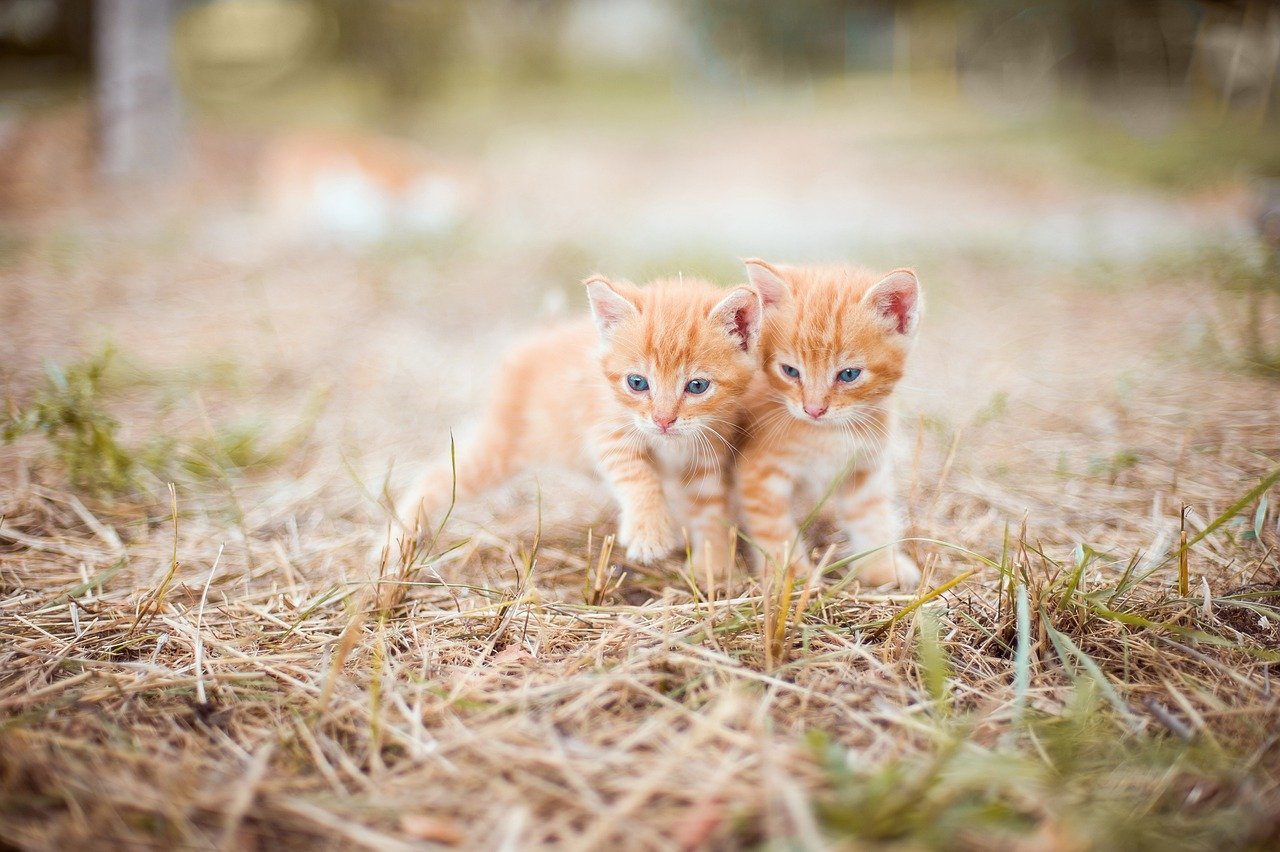
A cat’s early life experiences have a lasting impact on their behavior. Kittens who are well-socialized and handled gently tend to be more comfortable with contact as adults. Those with less human interaction may be more reserved. If your cat stays nearby but doesn’t seek touch, it could be a reflection of their early environment. With patience and positive experiences, even shy cats can become more comfortable over time.
The Role of Routine and Familiarity

Cats are creatures of habit. Familiar routines and environments make them feel secure. If your cat stays in the same room with you, it may be because your presence is part of their daily rhythm. The sound of your voice, the way you move around the house, even your scent—all these things reassure your cat. Their decision to remain close, even without seeking affection, is often a sign of comfort in the familiar.
Stress and Anxiety in Cats
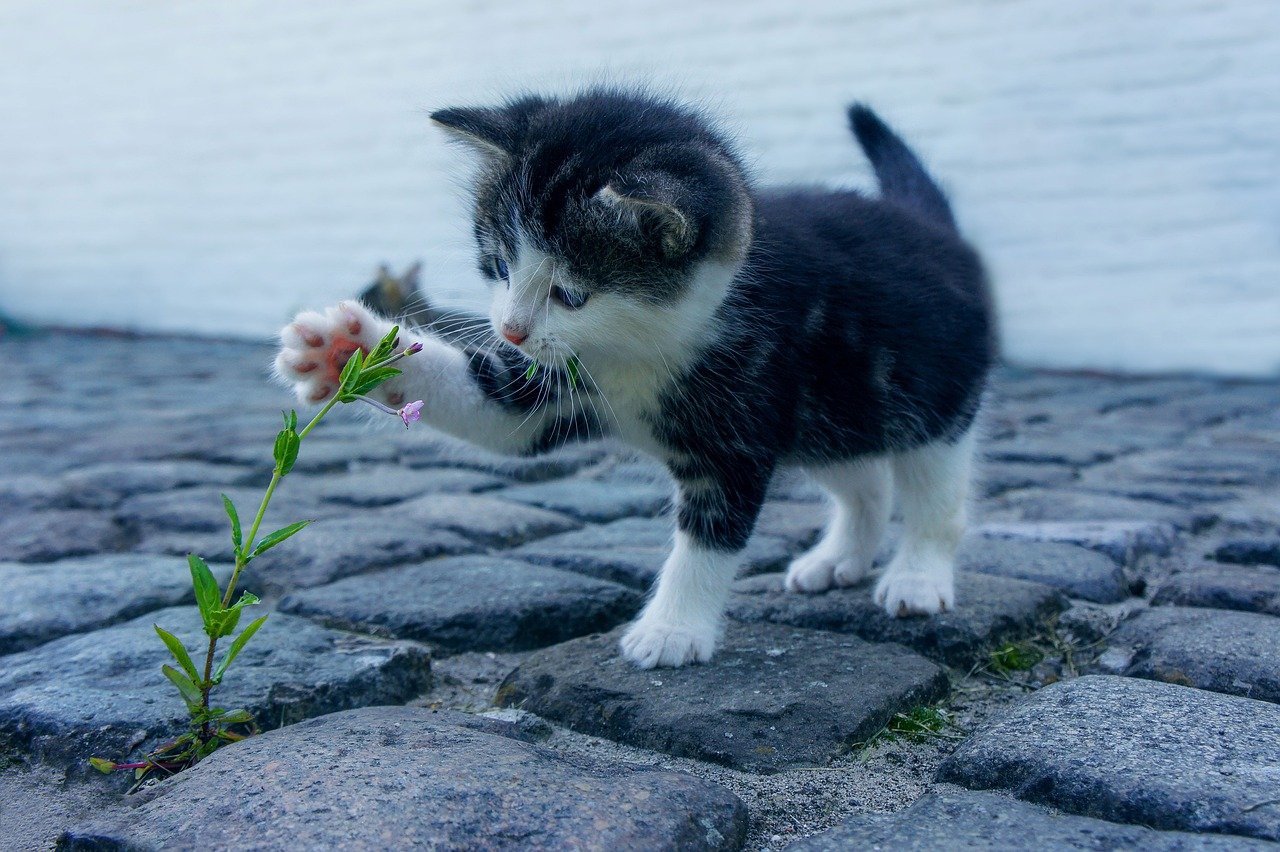
Sometimes, a cat’s reluctance to seek contact is linked to stress or anxiety. Changes in the home, unfamiliar visitors, or loud noises can all make a cat more reserved. In these moments, staying close but not engaging physically is your cat’s way of finding reassurance while still maintaining control over their personal space. Recognizing signs of stress and providing a calm environment can help your cat feel more at ease.
The Power of Observation

Cats are natural observers. They like to watch the world (and their humans) from a safe distance. Your cat may be learning about your routines, moods, and habits by quietly observing you. This watchful presence is a form of engagement, even if it’s not hands-on. Over time, your cat’s observations can build familiarity and trust, leading to more direct interactions.
When Cats Choose Their People

Many cat owners notice that their pets form stronger attachments to certain people. A cat may stay close to one person while ignoring others. This choice is often based on subtle factors like voice, behavior, and consistency. If your cat stays near you, even without seeking contact, it’s likely a sign that you’ve been chosen as their trusted companion. This quiet loyalty is one of the most rewarding aspects of living with a cat.
Environmental Enrichment and Security
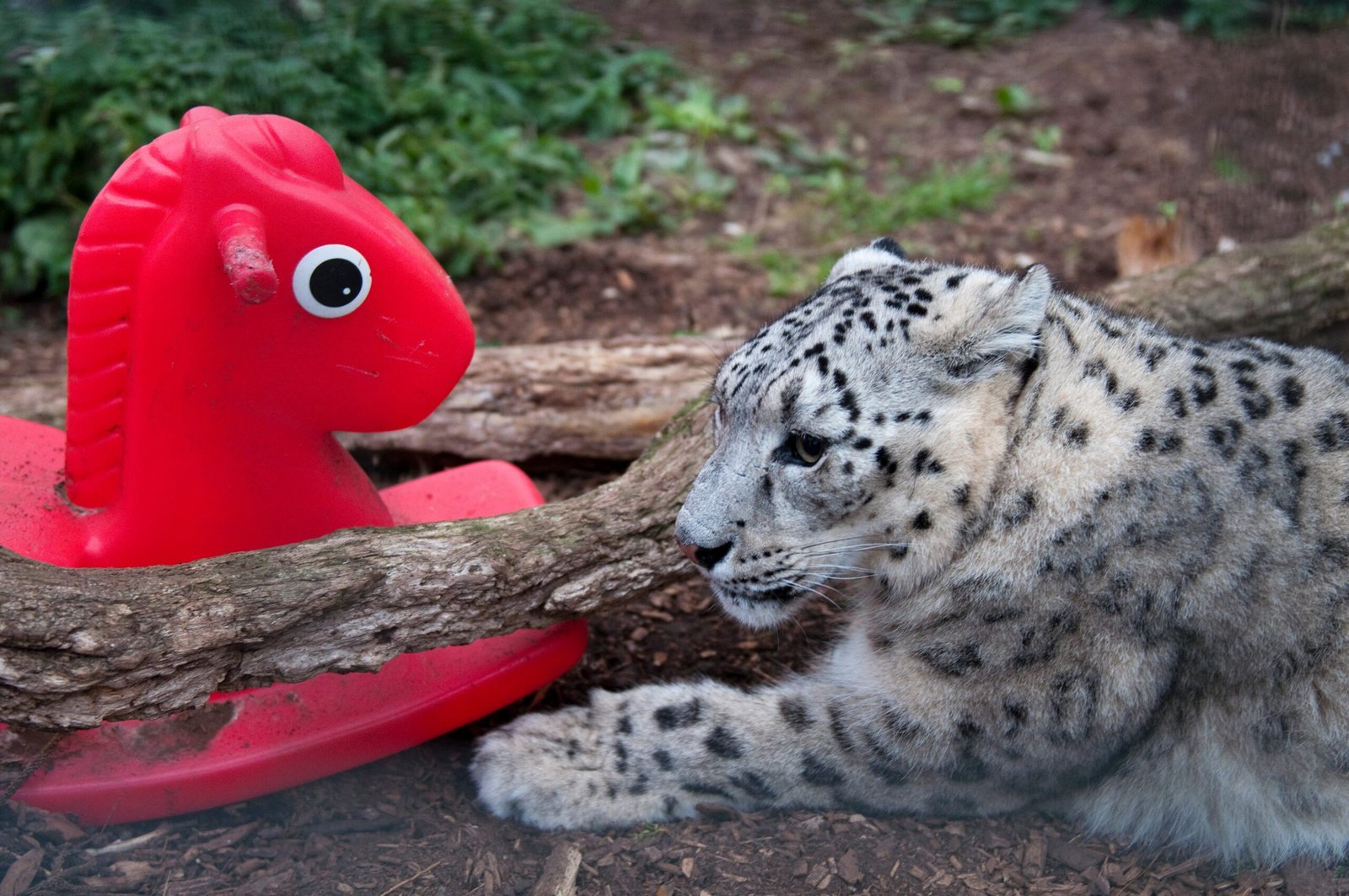
A stimulating environment can encourage even shy cats to engage more. Cat trees, window perches, and hiding spots give your feline safe spaces to observe and relax. When your cat feels secure in their environment, they’re more likely to stay nearby, even if they don’t want direct attention. Providing enrichment can help build confidence and deepen the bond between you and your cat.
The Influence of Age and Health

A cat’s age and health can influence their desire for contact. Older cats or those with medical issues may prefer to stay close without engaging physically. They might be seeking warmth, security, or simply the comfort of your presence. If you notice changes in your cat’s behavior, a visit to the vet can rule out health concerns. Understanding your cat’s needs at different life stages ensures their well-being.
Respecting the Unspoken Bond
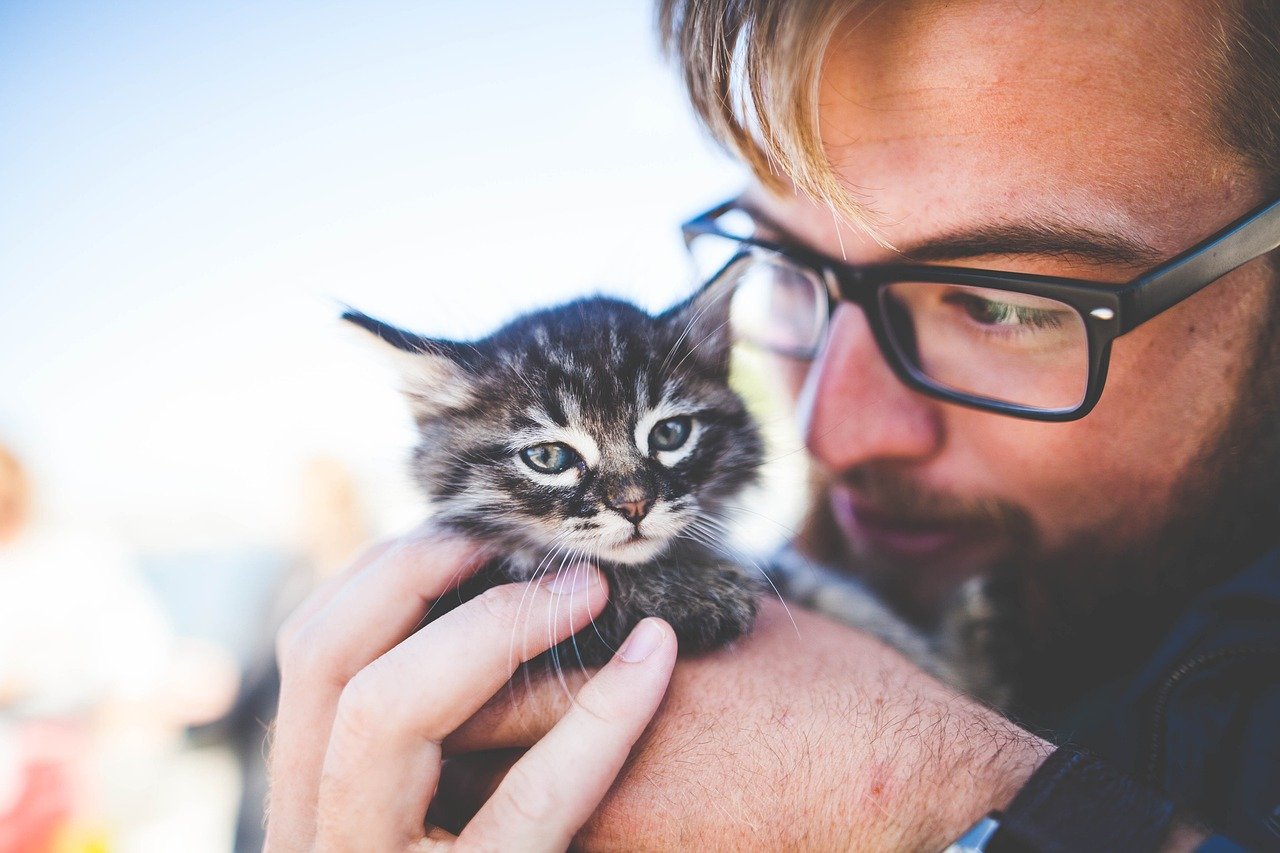
There’s something sacred about the silent bond between a cat and their person. Even when a cat doesn’t seek touch, their choice to stay close speaks volumes. This unspoken connection is built on mutual respect, trust, and understanding. By valuing your cat’s unique way of expressing affection, you honor their individuality and deepen your relationship.
When to Worry: Signs of Distress

While it’s normal for cats to be reserved, sudden changes in behavior can signal a problem. If your cat suddenly starts avoiding contact or isolating themselves, it could be a sign of illness or stress. Watch for other symptoms like changes in appetite, grooming, or litter box habits. Early intervention can make a big difference in your cat’s health and happiness.
Building Trust Through Patience

Patience is key when it comes to bonding with a reserved cat. Forcing contact can damage trust and make your cat more withdrawn. Instead, let your cat set the pace. Offer treats, gentle words, and quiet companionship. Over time, your patience will be rewarded as your cat grows more comfortable and may even seek out contact on their own terms.
Celebrating Feline Individuality

Every cat is a unique blend of instincts, experiences, and personality. Some will always prefer a bit of distance, while others become lap-warmers for life. The beauty of cats is in their diversity. By celebrating your cat’s individuality and respecting their boundaries, you create a loving home where they can truly thrive. Isn’t it amazing how much can be said, even in the silence between you and your cat?
Hi, I’m Bola, a passionate writer and creative strategist with a knack for crafting compelling content that educates, inspires, and connects. Over the years, I’ve honed my skills across various writing fields, including content creation, copywriting, online course development, and video scriptwriting.
When I’m not at my desk, you’ll find me exploring new ideas, reading books, or brainstorming creative ways to solve challenges. I believe that words have the power to transform, and I’m here to help you leverage that power for success.
Thanks for stopping by, Keep coming to this website to checkout new articles form me. You’d always love it!




